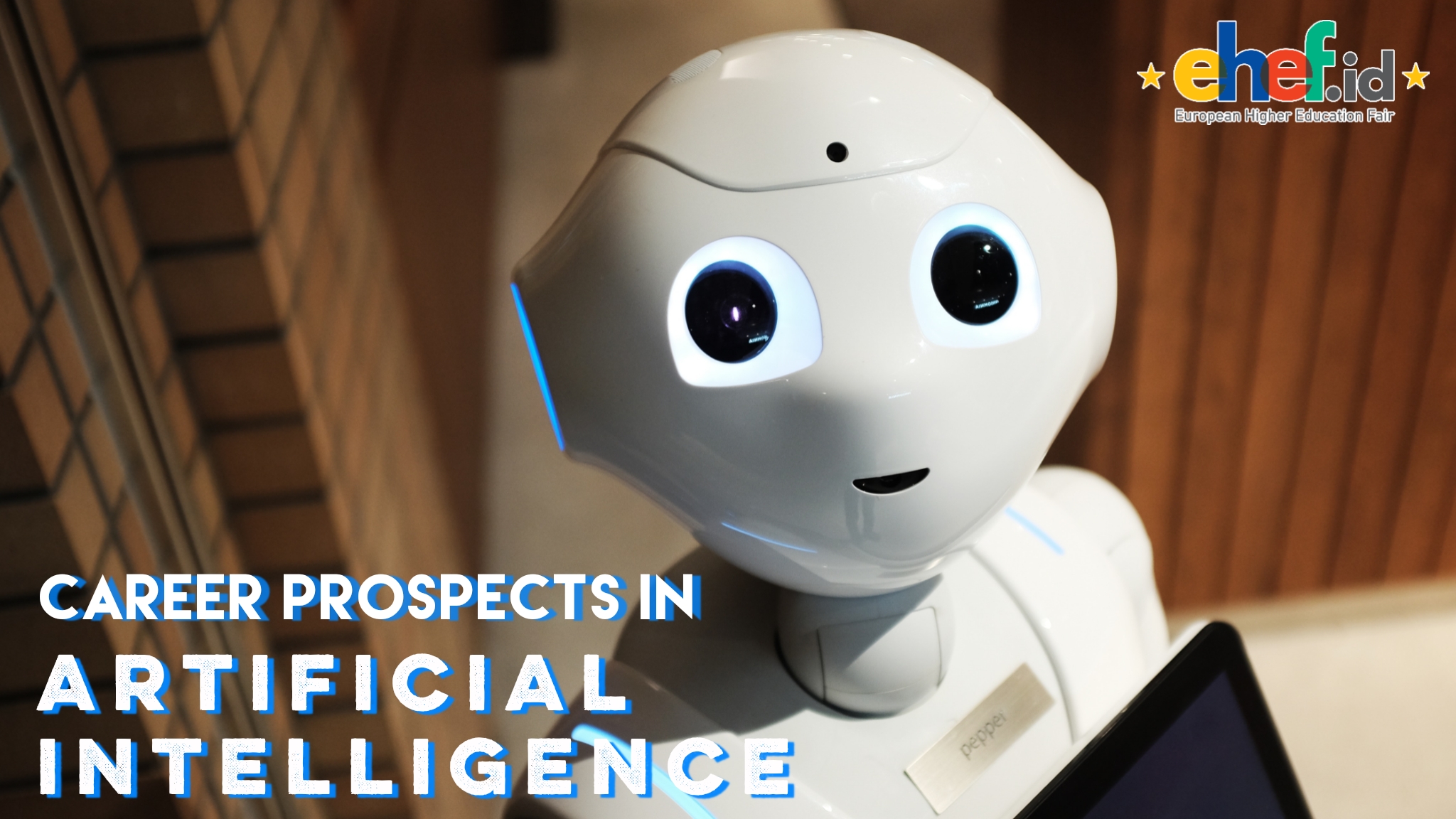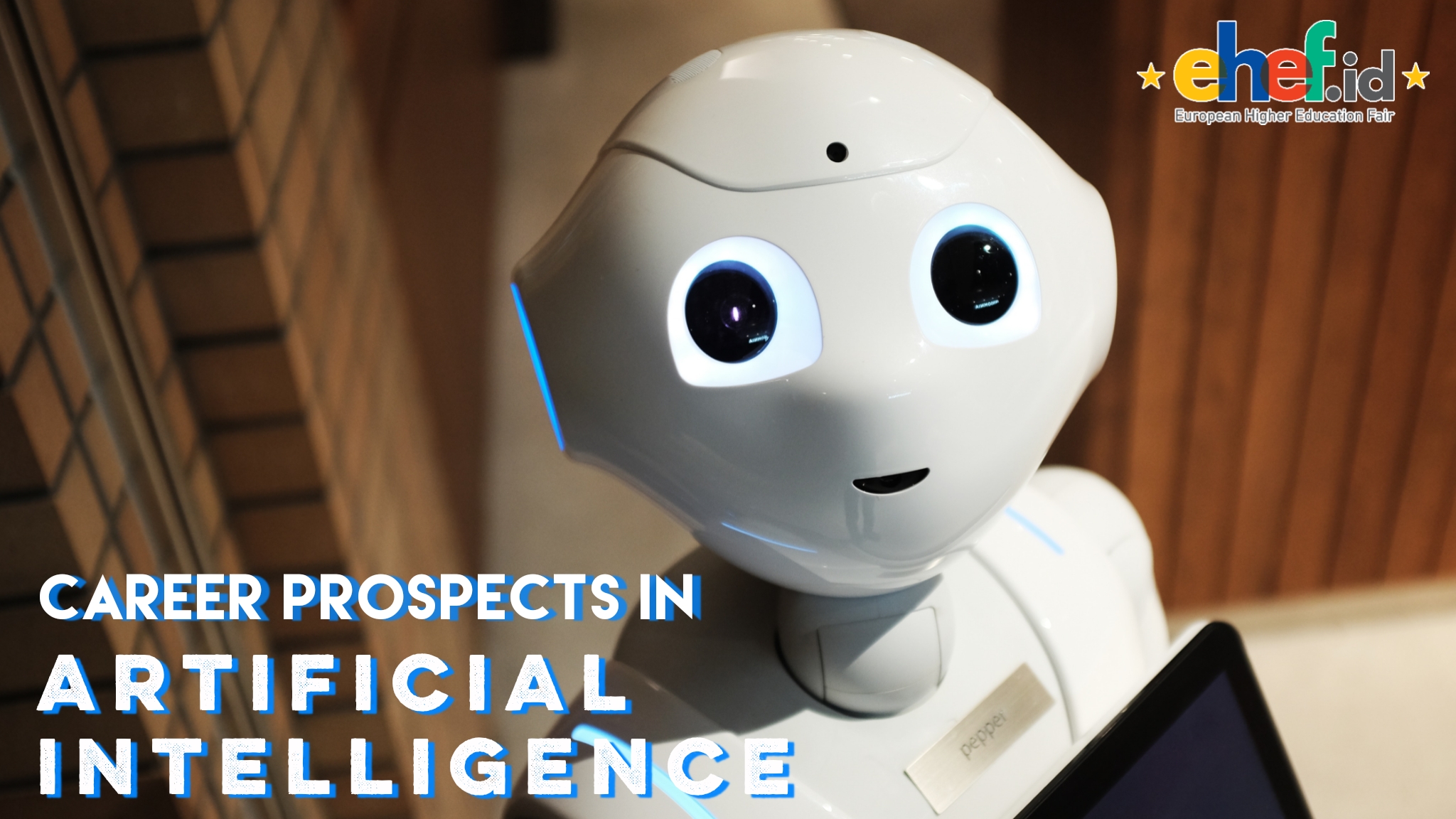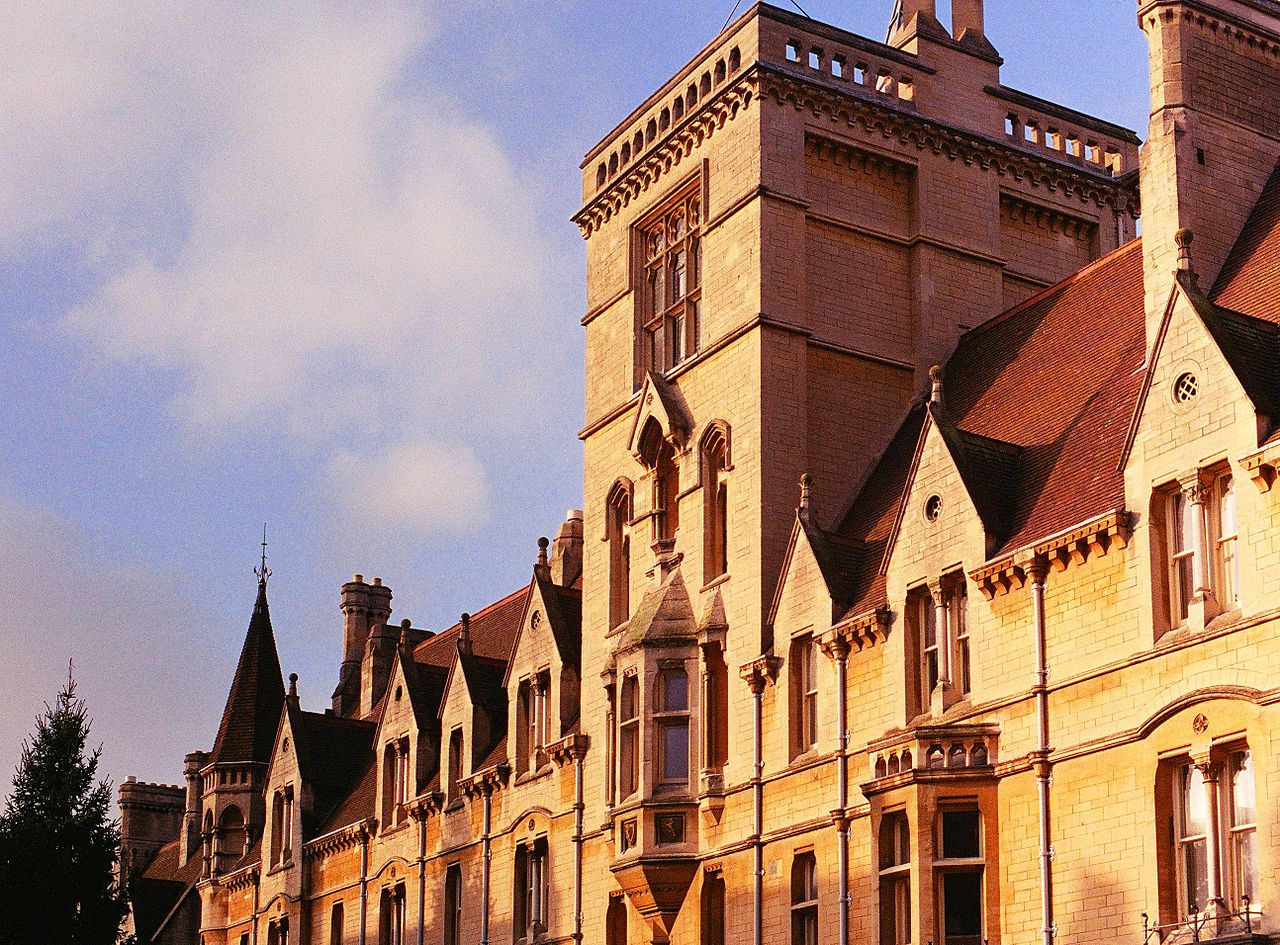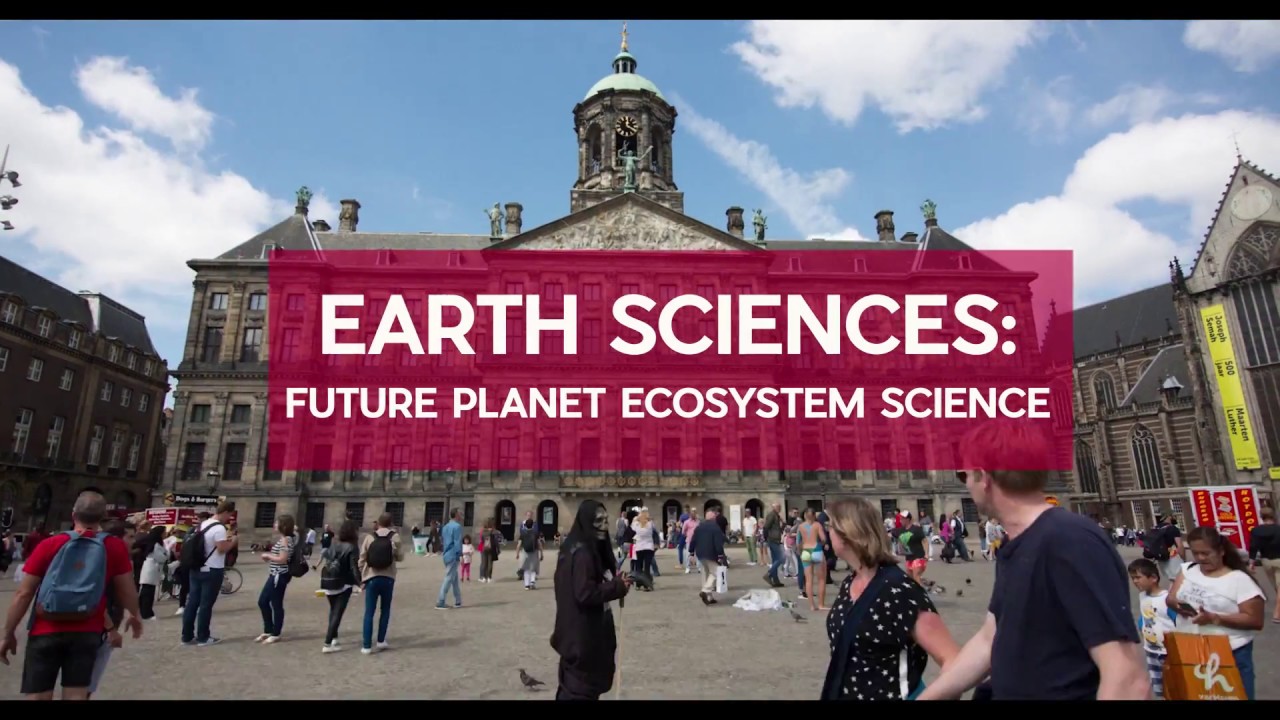Career Prospects in Artificial Intelligence

 Photo by unsplash
Photo by unsplash
By Jenny Egnér Lin
What are the career prospects for graduates with a degree in Artificial Intelligence?
There are a growing number of fascinating jobs for graduates skilled in artificial intelligence, robotics, machine learning, and related fields of study. Self-driving cars, robots doing household chores, and advanced analytical computer programs, are examples of what robotics can do today.
With the rapid technological developments in the field, artificial intelligence is one of the most sought after skills by large technology companies. With many forecasters deeming that computers will take over many manufacturing jobs, programming artificial intelligence is a job for the future. Below are some examples of jobs common for skilled professionals with knowledge in artificial intelligence, robotics, machine learning, and related fields, including a brief job description of each role.
Finally, the article presents the programmes and courses where you can specialise in Artificial Intelligence at the University of Amsterdam.

Photograph by Arif Riyanto.
1. Machine Learning Engineer
The main responsibilities of a machine learning engineer are the following:
Running machine learning experiments using a programming language with machine learning libraries. Deploying machine learning solutions into production. Optimising solutions for performance and scalability. Data engineering, i.e. ensuring a good data flow between database and backend systems. Implementing custom machine learning code. Data science, i.e. analyzing data and coming up with use cases.
2. Data Scientist
The main responsibilities of a data scientist are the following:
Selecting features, building and optimising classifiers using machine learning techniques. Data mining using state-of-the-art methods. Extending company’s data with third party sources of information when needed. Enhancing data collection procedures to include information that is relevant for building analytic systems. Processing, cleansing, and verifying the integrity of data used for analysis. Doing ad-hoc analysis and presenting results in a clear manner. Creating automated anomaly detection systems and constant tracking of its performance.
3. Research Scientist
The main responsibilities of a research scientist are the following:
Solving research problems that we don’t have solutions for today. Participating in cutting edge research in machine intelligence and machine learning applications. Prototyping, implementation, measurement, and iteration. Following best engineering practices as appropriate for the stage of work, such as tracking work in source control, giving and receiving code reviews, writing tests for your code. Working closely with team members and managers of other teams in machine learning and R&D.
4. R&D Engineer
The main responsibilities of an R&D engineer are the following:
Building software prototypes to automate and assist creative production tasks. Using artificial intelligence and machine learning techniques to analyse content and make decisions. Designing, implementing, and evaluating models, agents and software prototypes for science problems.
5. Business Intelligence Developer
The main responsibilities of a business intelligence developer are the following: Designing, modeling, building, and maintaining data for complex, extensible and highly scalable cloud based data platforms. Creating and maintaining the Enterprise Data Model at the Conceptual, Logical and Physical Level. Defining standard metrics and measures while establishing data security, quality, load, transport and performance models. Performing build versus buy analysis on relevant solutions and technologies as necessary. Researching and troubleshooting data questions. Building tableau data extracts.
6. Big Data Engineer
The main responsibilities of a big data engineer are the following:
Selecting and integrating any Big Data tools and frameworks required to provide requested capabilities. Implementing ETL process. Monitoring performance and advising any necessary infrastructure changes. Defining data retention policies.
9. Software Developer
The main responsibilities of a software developer are the following:
Reviewing current systems. Presenting ideas for system improvements, including cost proposals. Working closely with analysts, designers and staff. Producing detailed specifications and writing the program codes. Testing the product in controlled, real situations before going live. Preparation of training manuals for users. Maintaining the systems once they are up and running.

Photograph by Luca Bravo.
Study Artificial Intelligence at the University of Amsterdam
University of Amsterdam has one of the most renowned centres for studies in Artificial Intelligence.
Graduate programme in Artificial Intelligence
The Master's degree programme MSc in Artificial Intelligence at the University of Amsterdam has a technical approach towards AI research. It is a joint programme of the University of Amsterdam and the Vrije Universiteit Amsterdam, and consists of obligatory core courses, advanced AI courses and elective courses, a specialisation and thesis. The collaboration guarantees a wide range of topics, all taught by world renowned researchers who are experts in their field.
Learn more about the programme
Undergraduate programme in Artificial Intelligence
The bachelor programme in artificial intelligence is held in Dutch and is called BSc Kunstmatige Intelligentie.
Independent courses
In addition to the degree programmes, the University of Amsterdam hosts several independent courses related to robotics, including undergraduate level ‘Behavior-Based Robotics’ and ‘Autonomous Mobile Robots’, and graduate level ‘Probabilistic Robotics’.
Read more about Artificial Intelligence at the University of Amsterdam
About the author: Jenny Egnér Lin is a Swedish university graduate with a MSc in Strategic Market Creation from Copenhagen Business School, and a BSc in Business and Economics from Stockholm School of Economics. With firsthand experience from studying in Europe, she is sharing prime insights about life as a student at a European university.








